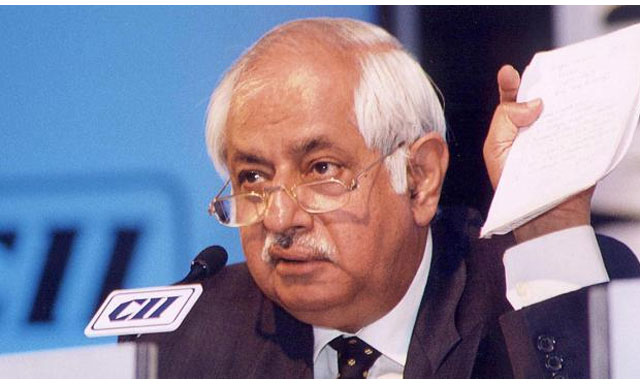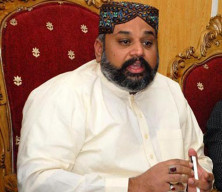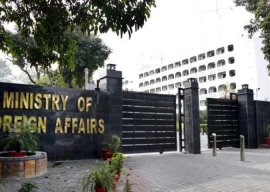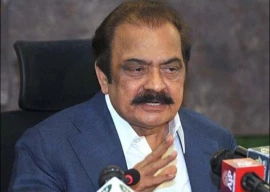
Special envoy to former Indian premier Manmohan Singh Satinder Lambah claimed that the government of both countries had decided to sign an agreement on their long-drawn issues; however, the agreement remained unsigned due to political unrest in Pakistan, which led to former military ruler General Pervez Musharraf's removal.
“What we were working on, agreed there would be no reference to the United Nations resolution or a plebiscite in Kashmir. Both sides had agreed that borders cannot be redrawn,” Lambah said.
Read: 'Manmohan handed over secret file on Kashmir talks to Modi'
Further, Lambah, vaguely discussing the agreement, stated that the Pakistan army and Inter Services Intelligence (ISI) were onboard as well; however, discussions within the ruling party and with opposition leaders in India were remaining.
“We had assurance from the military government of that time (under president Musharraf). The negotiations from Pakistan could not have been finalised it if the establishment had not been onboard,” he said.
While Pakistani leaders who were aware of the agreement claimed that India had agreed to the demilitarisation of Kashmir, Lambah's statement suggested otherwise.
"We had agreed to the reduction of military troops, not paramilitary and that was subject to Pakistan ensuring an end to hostilities, violence and terrorism. That was a major prerequisite. There was no timeline by which the agreement was to be signed. The only time limit was that terrorism must end," he said.
However, a year after the framework of the agreement was completed, there was an attack in Mumbai in November 2008, which derailed relations between India and Pakistan.
"Mumbai [attacks] was a very unfortunate incident and that did stop the dialogue. There was a break but we had already finished most of the work by then. After the Mumbai attacks, there were limited (back channel) contacts but what was agreed on by the Musharraf government was not disowned by successive governments."
Read: Mumbai attacks: India, US urge Pakistan to bring perpetrators to justice
According to Lambah, the agreement was a "win-win for Pakistan, India and the people of Kashmir" as it focused on ending terrorism, working on joint mechanisms for socio-economic subjects and taking into consideration the views of Kashmiris as far as revenue, finance, law and order was concerned.
"The agreement could have been a basis for all governments, including the present one led by Narendra Modi," Lambah stated.
"It was not negotiated keeping an individual or party in mind. Everyone has their own style. Pursuit of peace with Pakistan and a discussion on Kashmir has been undertaken by different prime ministers and I have no doubt that future governments will follow the same path."
Further commenting on the recent meetings between Pakistani and Hurriyat leaders, Lambah said "In the past, Vajpayee, Advani and Manmohan Singh have met Hurriyat leaders and also given them visas to visit Pakistan. As regarding Pakistan, I fail to understand why they want to talk only to the Hurriyat and not also to the elected mainstream leaders from Jammu and Kashmir."
This article originally appeared on Hindustan Times

















COMMENTS (13)
Comments are moderated and generally will be posted if they are on-topic and not abusive.
For more information, please see our Comments FAQ